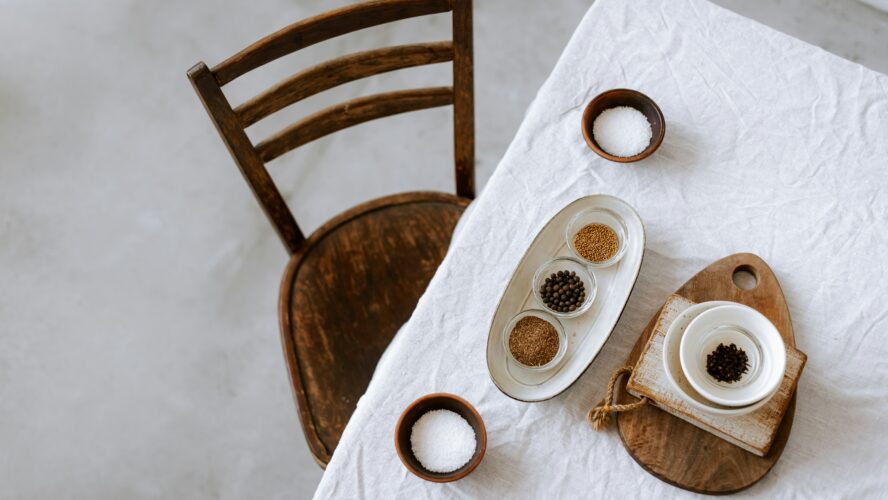
No matter the season, it’s hard not to go overboard on sweets sometimes. Thankfully, some herbs and spices naturally stop sugar cravings. Whether you’re overindulging in cookies (especially a healthier one) or want to make a decadent cake for dessert, there are ways to curb the craving.
Why do we love sugar so much? When we consume sugar, our brains reward us with a release of the neurotransmitter serotonin (the feel-good hormone). And beta-endorphins, which act as natural painkillers, produce a sense of well-being, increasing self-esteem and settling anxiety. At least, temporarily.
Unfortunately, sugar overkill can lead to some serious health issues, including obesity, heart disease, dental disease, type-2 diabetes, hormone irregularity, and depressed mood and anxiety. So let’s see which herbs and spices naturally stop sugar cravings to combat going overboard.
*Note! The herbs and spices listed in this article are generally considered safe. However, some herbs and spices may interact negatively with medications or may not be safe if you’re nursing or pregnant. Please consult a medical professional when making changes to your diet.
Sign up for the newsletter for more health and wellness tips.
1. Cinnamon
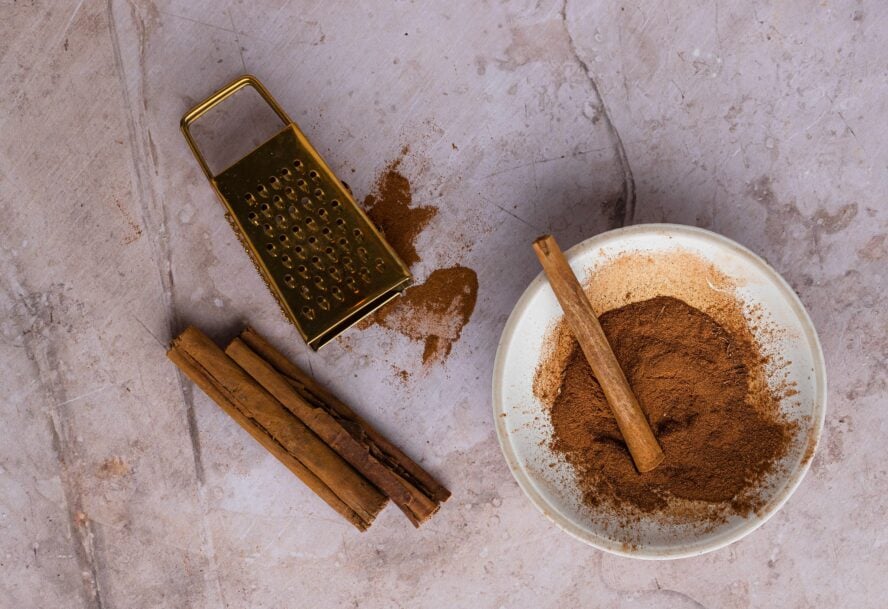
Known for its medicinal properties, the warming and sweet spice of cinnamon naturally stops sugar cravings. Loaded with antioxidants, anti-inflammatory properties, and polyphenols, cinnamon helps the body fight oxidative damage and lowers the risk of disease.
Cinnamon also naturally helps to stop sugar cravings. Numerous studies have shown that the potent polyphenols in cinnamon help to reduce sugar cravings by controlling blood glucose levels1. This helps to minimize insulin spikes that result from an unbalanced meal, which typically leads to more hunger and more sugar.
Uses for cinnamon: Cinnamon is great in tea or smoothies, sprinkled on apple slices, stirred into plain yogurt, and sprinkled over roasted vegetables like sweet potatoes.
2. Fenugreek
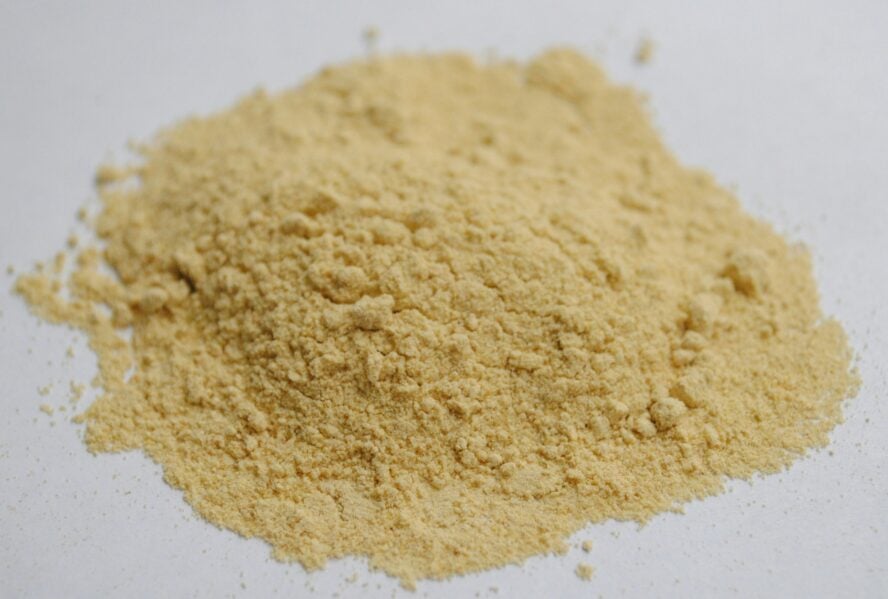
The seeds of this herb have a taste similar to maple syrup or burnt sugar. The spice helps with anemia, stomach disorders, diabetes, and heart health. With trace nutrients (iron, manganese, copper) and a variety of antioxidants, everyone needs fenugreek in their arsenal.
Ayurvedic practitioners consider fenugreek to be effective in the management of metabolic and nutritive disorders such as diabetes, while Traditional Chinese Medicine (TCM) practitioners use it as a phlegm mover to break stuck energies and cool inflammation. Fenugreek is great for controlling blood sugar and sugar cravings effectively.
Uses for fenugreek: This herb is common in Indian and Middle Eastern food. Add ground seeds to spice blends, tea blends, or curry powder. You can also add a pinch to plain yogurt or over sautéed greens like kale.
3. Cloves
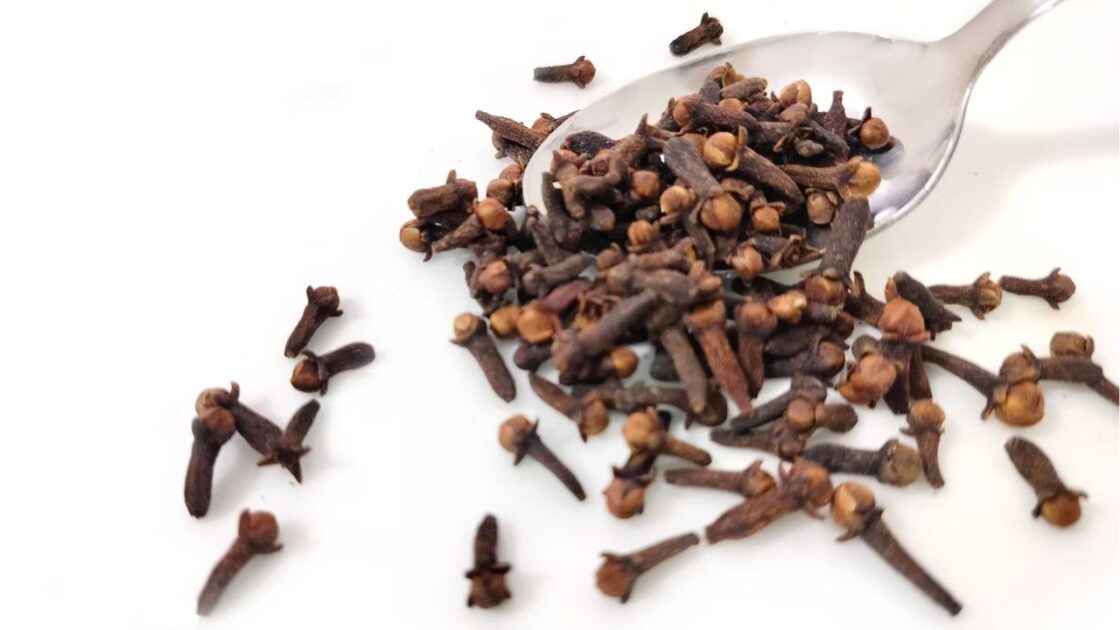
This warming and sweet spice (found in lots of holiday recipes) boasts numerous health benefits, including stomach soothing and blood sugar regulating properties.
Along with antioxidants, anthocyanins, and quercetin, cloves contain an active component called eugenol, a compound with potent anti-inflammatory effects3. Eugenol may help lower the risk of digestive tract cancers and reduce joint inflammation. These little spices also contain trace manganese, vitamins C and K, calcium, and magnesium. Consuming cloves can help stop sugar cravings as well.
Uses for cloves: Tea (especially chai tea), sauces, stews, sprinkled over roast vegetables, and marinades.
4. Ginseng
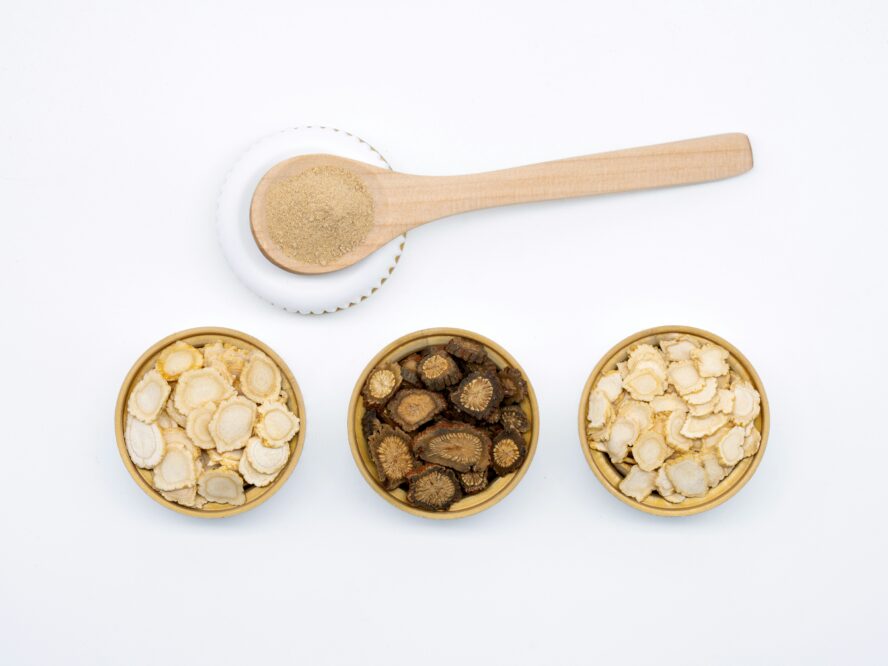
Ginseng is one of the most well-known herbal medicines in the world. This adaptogenic root helps boost the immune system, relieve stress, reduce the risk of certain cancers, and improve mental performance and well-being. This may be due to ginseng’s potent class of compounds called ginsenosides, which function as strong antioxidants that can reduce oxidative stress and inflammation.
Ginseng is also an effective blood sugar stabilizer. In several studies, ginseng lowered blood sugar levels in people with type 2 diabetes. The blood sugar-lowering effect is both on fasting blood sugar and on postprandial (after eating) glucose levels4.
Uses for ginseng: Teas.
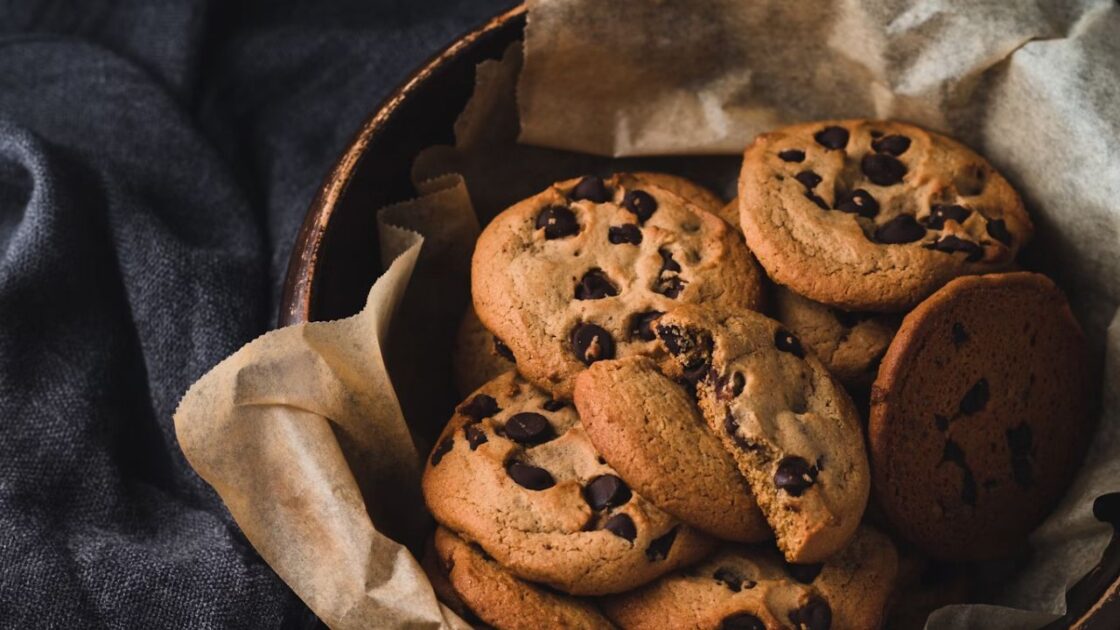
7 Easiest Herbs to Grow in Your Apartment Garden [With Expert Advice From Pros]
Make Easy Mocktails With These 3 Herb Infused Non-Alcoholic Spirits
Make Your Own Homemade Pumpkin Spice Latte with This Easy Recipe (It’s Healthier Too!)
7 Medicinal Herbs and Spices for Tasty Healing
*Note! The opinions and views expressed by the authors at Organic Authority in blogs and on social media and more, are theirs alone and do not necessarily reflect the views, opinions or position of Organic Authority, Inc and do not necessarily represent the views of Organic Authority sponsors and/or partners. Organic Authority content is for informational and entertainment purposes, and any views expressed should not be accepted as a substitute for qualified expertise. Any highlighted alternative studies are intended to spark conversation and are for information purposes only. We are not here to diagnose or treat any health or medical conditions, nor should this be relied upon as a substitute for professional medical advice, diagnosis or treatment, even if it features the advice of medical practitioners and physicians. When making any lifestyle or health changes, consult your primary care physician.
Sources:
- https://pmc.ncbi.nlm.nih.gov/articles/PMC6425402/
- https://pmc.ncbi.nlm.nih.gov/articles/PMC10531284/
- https://pmc.ncbi.nlm.nih.gov/articles/PMC6130734/
- https://pmc.ncbi.nlm.nih.gov/articles/PMC6943541/

